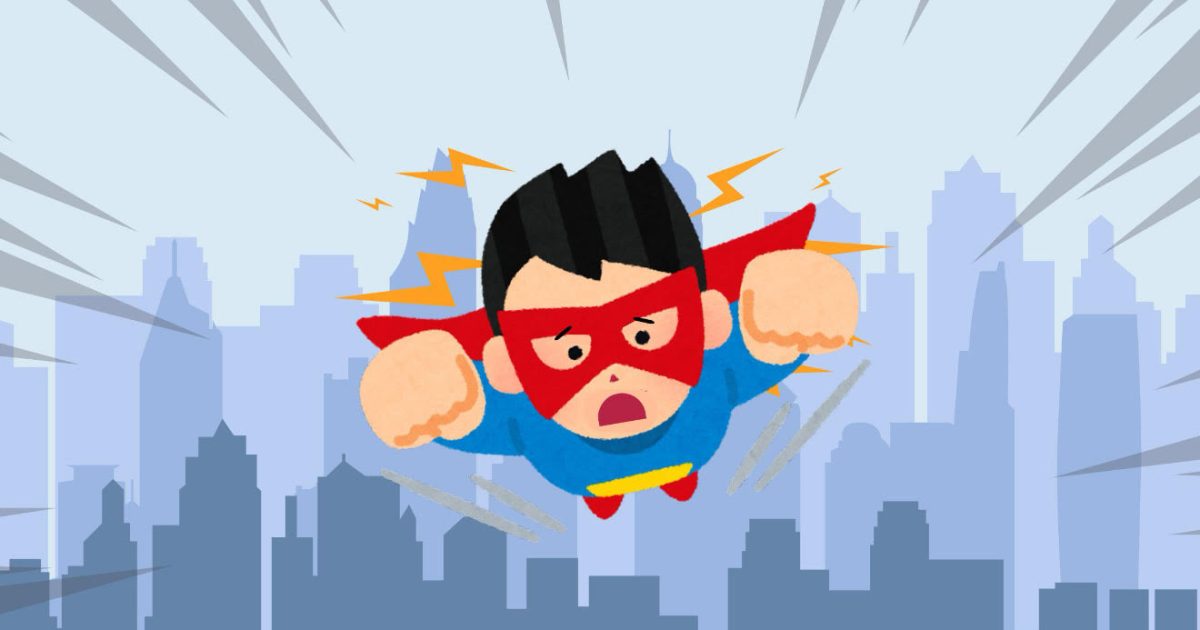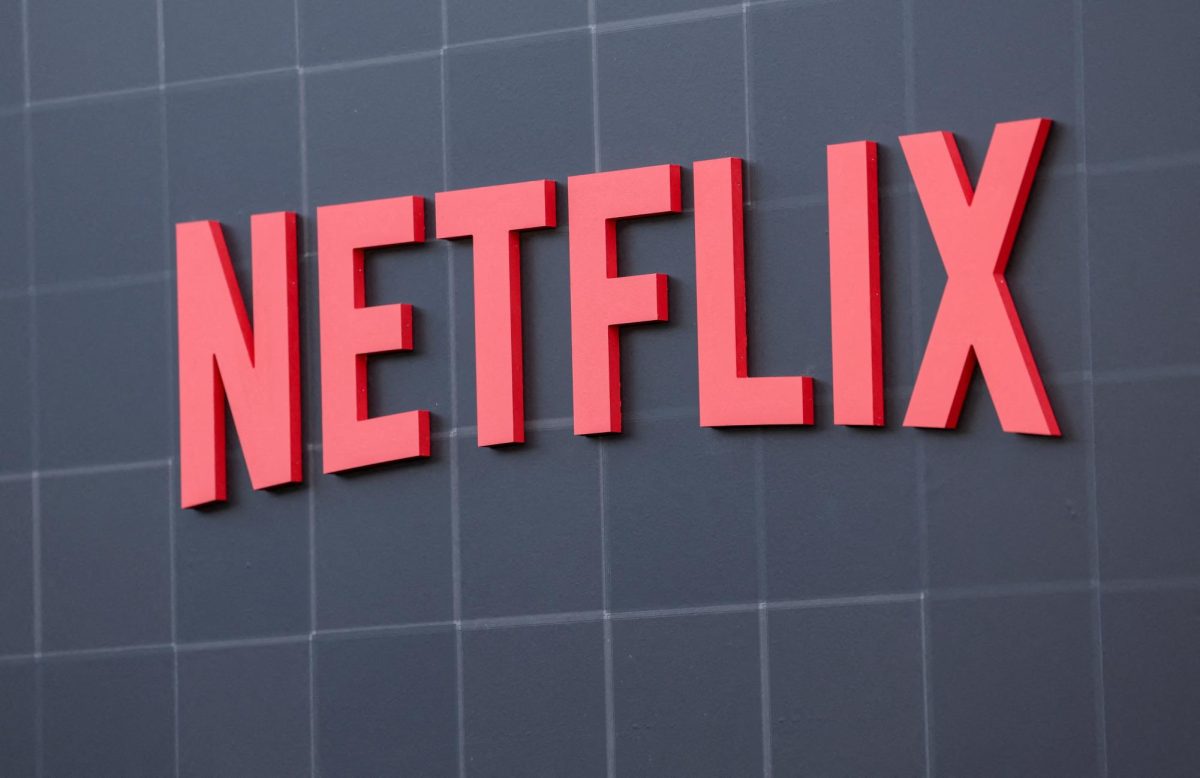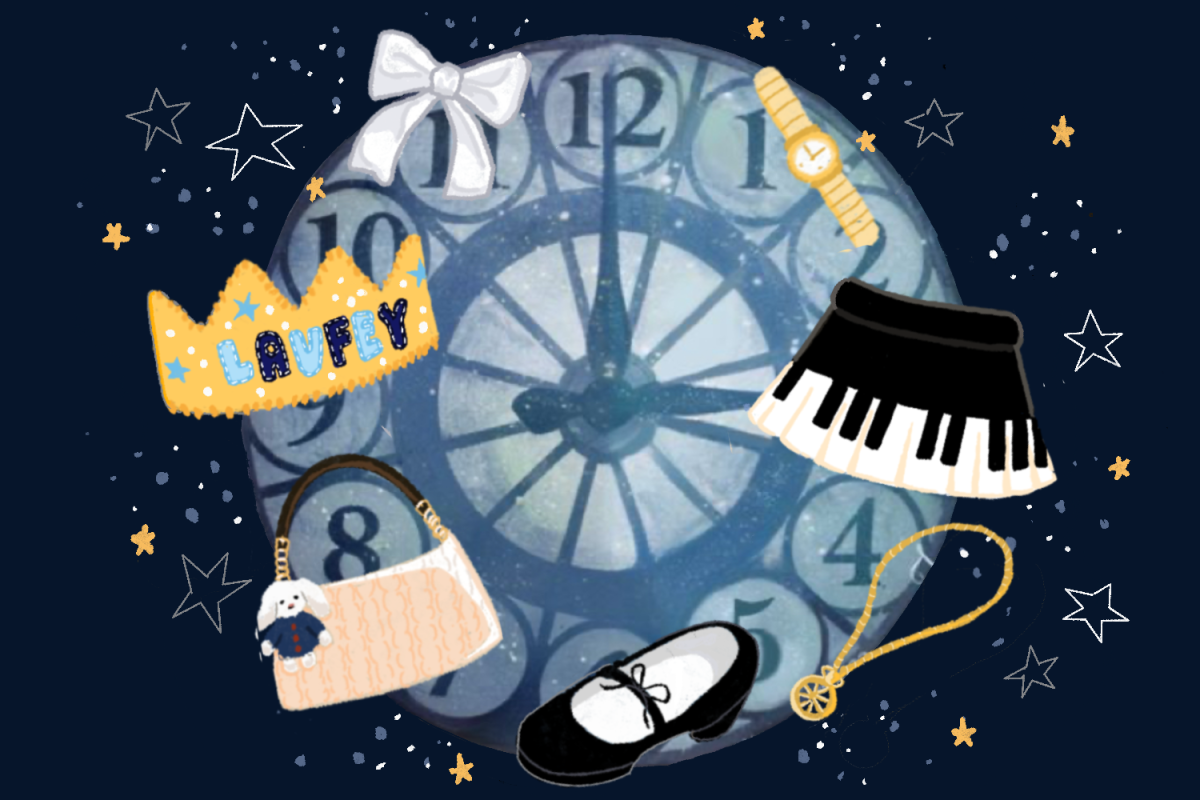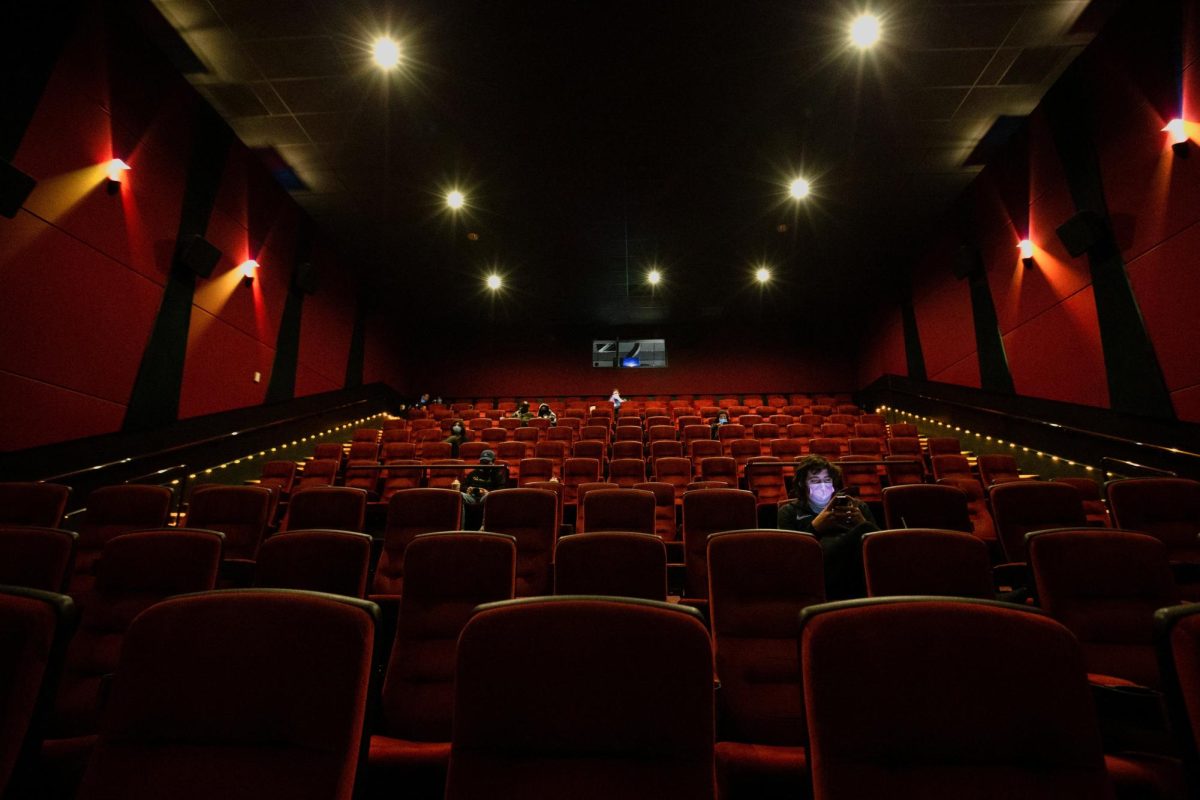In recent years, superhero movies have been steadily losing their once-unshakable grip on audiences. For more than a decade, Marvel and DC have flooded the market with a constant stream of movies and television shows. This has made it difficult for all but the most dedicated fans to keep up, causing many to lose interest. The rapid release schedule has made each new movie feel less like a major cultural event. Releasing too many projects in a short period, especially with competing films from different studios, can force audiences to choose which ones to see and which to skip. What was once the most dominant genre in Hollywood has now begun to struggle with repetition, weak storytelling, and declining audience interest. Both Marvel and DC, the two biggest players in the industry, have seen noticeable drops in critical reception and box office performance. For one thing, post-Endgame superhero movies have declined in quality, at least in the eyes of critics. Looking at the average critic score, we see Marvel and DC films gradually grow in quality from 2008 to 2019, with Marvel reaching a plateau in 2018 and 2019 according to Stats Significant.
Marvel Studios, once celebrated for its groundbreaking interconnected universe, struggled to maintain the excitement that fueled its early success. The Marvel Cinematic Universe (MCU) thrived for over a decade because of its carefully connected storylines, charismatic heroes, and climactic payoffs, such as Avengers: Endgame. However, in the aftermath of that high point, many of its newer projects have failed to capture the same level of enthusiasm, says Hollywood Branded. Over the past two years, most Marvel films have earned less than a 65% rating on Rotten Tomatoes. While there are a few exceptions, the majority of recent releases have been met with lukewarm reviews, suggesting that audiences are growing tired of the formula.
DC has faced its own share of setbacks. Unlike Marvel, which built momentum through a unified vision, DC has repeatedly rebooted franchises and shifted directions, leaving viewers confused and uninvested. Attempts to revamp Superman and Batman through multiple reboots have diluted the excitement that once surrounded the characters. Films like Wonder Woman and Aquaman debuted strongly, showing promise for the studio’s cinematic universe, but their sequels fell flat. Wonder Woman 1984 in particular disappointed audiences with a weak plot and lackluster execution, despite the success of the first installment.
“I expected more from this movie; the pacing of the movie was slow and there wasn’t any character development, ” said freshman Kayleigh Kam.
Marvel’s Ant-Man and the Wasp: Quantumania provides another clear example of the genre’s struggles. Marketed as the movie that would launch Marvel’s next major storyline centered on Kang the Conqueror, a super-genius, time-traveling villain from the 31st century, it underperformed both critically and financially. Many viewers criticized its heavy reliance on CGI and lack of character development, proving that visual spectacle alone is no longer enough to keep audiences engaged.
“Ant-Man and the Wasp: Quantumania was terrible and a disappointment, the story did not make any sense and it was built up for nothing,” said sophomore Noah Saldua.
Ultimately, the oversaturation of the superhero genre has left many films feeling repetitive, predictable, and uninspired. Unless studios shift their focus back to strong storytelling, meaningful character arcs, and creative originality, studios must prioritize quality over quantity and embrace greater creative risks. Instead of focusing primarily on universe-building and spectacle, studios should tell smaller, more personal, character-driven narratives. The so-called golden age of superhero movies may be remembered as a passing trend rather than a lasting era in film history.







